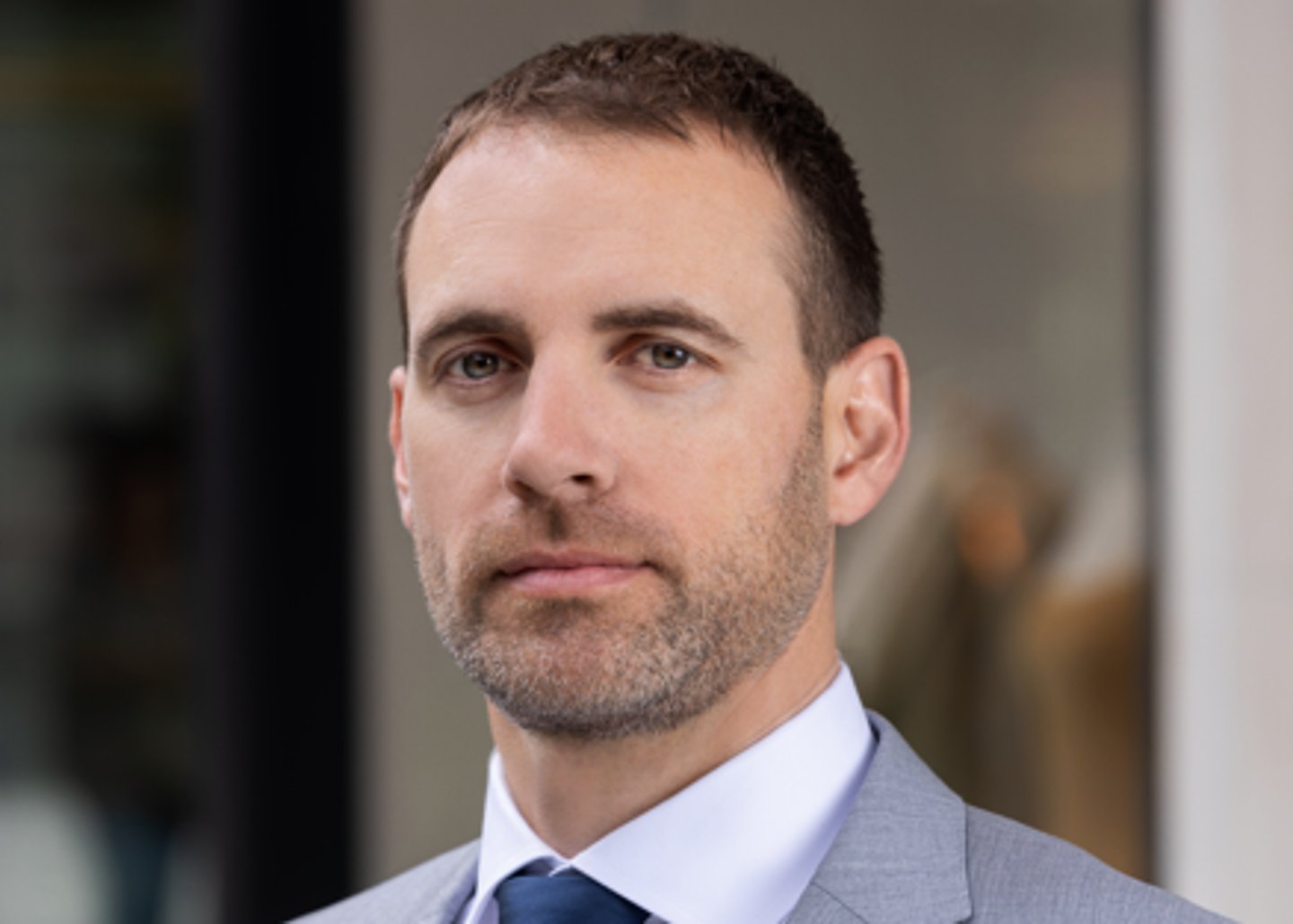Why retail real estate developers must build sustainability into their plans
Mall owner-operators nationwide are busy renovating projects to appeal to new generations of American shoppers.
They are erecting residential units and office towers on under-utilized parking lots, adding entertainment and food-and-beverage uses, and adding green spaces and activation centers. Often left out of their plans is an essential imperative demanded by most of our nation’s younger consumers—sustainability.
Last year, a poll done by Gallup for Bentley University in Waltham, Mass., found that 77% of Americans between the ages of 18 and 29 found it “extremely important” that businesses operate sustainably for the environment and the planet. Just 12% of them thought that businesses were striving to reduce their carbon footprints.
URW is currently engaged in a wide-scale reformation of the highest-performing assets in our portfolio. Yes, we are adding new retail, residential, office, medical, cultural, and entertainment uses. We are creating integrated developments tailored to the local needs and preferences of each market. But lying at the foundation of each of these projects is a mandate for increased sustainability. Mixed-use conversions are inherently sustainable. They limit car travel, reduce the last mile logistics burden, and are developed on already developed land while putting back green space.
Westfield UTC in San Diego has always been an open-air shopping center, but it didn’t quite fit with the evolving La Jolla community. Over a decade ago, we saw the macroeconomic shifts in the market, and with it, demand for high-end retail and dining. We enhanced the common areas, added curated dining, and introduced the city’s most luxurious apartment tower as well as targeted office users.
In 2024, we will add first-to-market luxury boutiques and chef-led restaurants along with enhanced amenities, community gathering places, and greenspaces. And we’re doing it sustainably, by using innovative, sustainable building strategies that incorporate renewable energy, natural materials, biophilic design, and biodiversity to create a must-visit destination that blurs the lines between indoors and outdoors.
Developing this kind of thriving destination takes careful planning. In fact, URW has master plans for all its flagship shopping centers that consider how new uses are integrated with the existing asset while ensuring it is tailored specifically to the local community. It’s not about creating separate zones for each use, but creating a seamless and cohesive feel for residents, workers, and guests so it acts as one self-sustaining ecosystem.
Sustainability is also at the foundation of our plans for Westfield Old Orchard in Skokie, Ill. Working closely with the community, we saw the opportunity to create a mixed-use destination that would appeal to the residents of the North Shore and beyond. We redeveloped a former department store space, bringing new tenants and energy to the center. We also opened a Bloomies, the new concept from Bloomingdale's, to really target what our customers desire.
Our next phase of development will involve taking down the former Bloomingdale's store and building a mixed-use community that will include residential, office, medical, and cultural uses. And we will enhance our dining options by adding some of the best restaurants from downtown Chicago.
While we have a clear vision for each of our assets, we are not executing on it alone. In every market, we are selecting the best co-developers to work with—those with local market knowledge, shared goals, and commitment to sustainability.
Westfield UTC and Westfield Old Orchard are just two examples of what we are doing across the U.S. We have plans for each of our flagships that will reposition these traditional retail hubs into highly desirable and sustainable destinations. We are redefining an asset class, just like Westfield did years ago by putting world-class design and customer amenities at the heart of the traditional regional shopping center. We believe that the future of retail is not about online versus offline – it’s about designing the right environment and creating the right experience for customers.
COVID-19 proved that people still crave physical interaction and socialization, and that they value convenience and quality. Our mixed-use destinations provide all of that and more, by creating places that are integrated, sustainable, and tailored to each market. We are not just building buildings; we are building communities.

